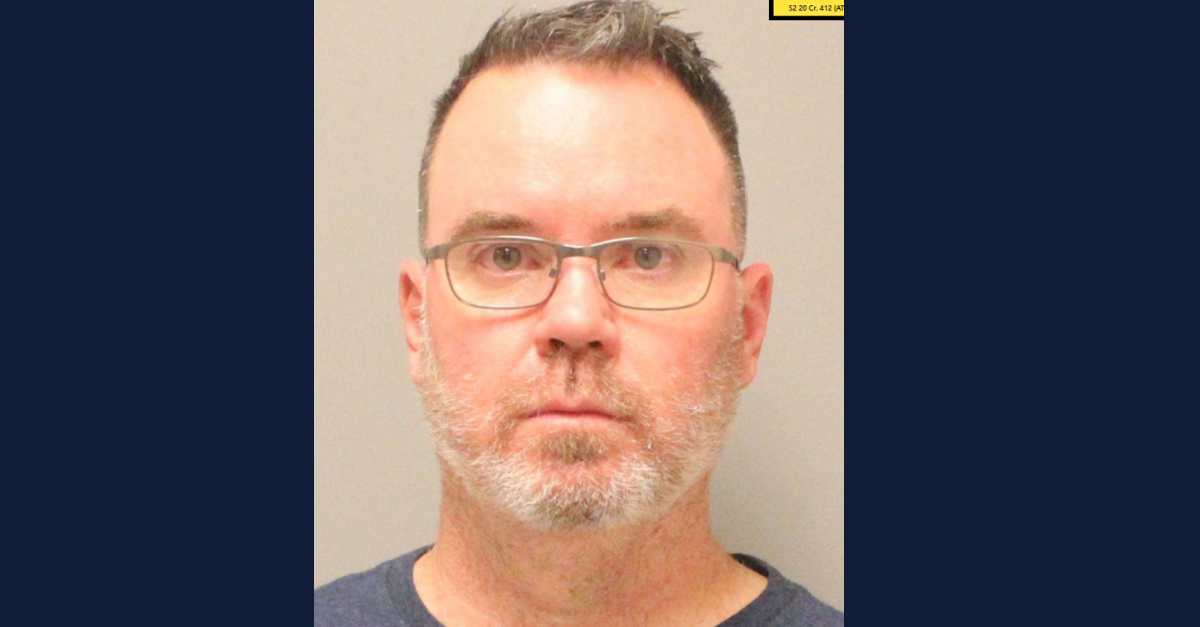
Timothy Shea
A federal judge rejected an effort by Steve Bannon’s former co-defendant Timothy Shea to subpoena Manhattan District Attorney Alvin Bragg (D), finding that the request too “vague” and irrelevant to pass legal muster.
Shea is the sole remaining defendant in the Justice Department’s indictment against the leaders of We Build the Wall, the self-styled crowdfunding effort to erect a barrier along the U.S.-Mexico border. Despite tens of millions of dollars raised, only three miles of fencing were built, and prosecutors said that the donations went into executives’ pockets.
Former President Donald Trump pardoned the most notable member of the alleged conspiracy: Bannon, his former White House chief strategist. But Trump did not do the same for Shea or the two other men on the indictment, Brian Kolfage and Andrew Badolato.
Though Kolfage and Badolato pleaded guilty, Shea fought the allegations at trial, which ended in a mistrial as a result of one holdout juror. In the lead-up to his retrial, state prosecutors charged Bannon with related offenses, and Shea served the DA’s office with a subpoena on Oct. 18, which sought information that the defense insisted would be exculpatory.
U.S. District Judge Analisa Torres, however, found that Shea’s legal team had little evidence to back up that assertion.
“During a conference on the afternoon of October 18, 2022, the Court inquired whether the parties knew of exculpatory material that had not been turned over to the defense,” Torres wrote in a four-page order. “The Government asserted that it had complied with its obligations under Rule 16 and Brady, and stated that it did not have the materials that are in DANY’s possession. Defense counsel conceded that she had no details about what, if any, materials in DANY’s possession might potentially be exculpatory. The Court gave Defendant an opportunity to further brief the issue, but Defendant did not do so.”
Some two days later, the district attorney’s office turned over grand jury materials to the federal government.
Citing the Supreme Court’s standards set by United States v. Nixon, Judge Torres granted the district attorney’s motion to quash.
“The party issuing the subpoena must show: ‘(1) that the documents are evidentiary and relevant; (2) that they are not otherwise procurable reasonably in advance of trial by exercise of due diligence; (3) that the party cannot properly prepare for trial without such production and inspection in advance of trial and that the failure to obtain such inspection may tend unreasonably to delay the trial; and (4) that the application is made in good faith and is not intended as a general ‘fishing expedition,'” the ruling states.
Finding that Shea satisfied none of these prongs, the judge noted that even the defendant could not say for certain that the subpoenaed materials would have helped him.
“Defendant concedes that he does not know whether the materials actually contain exculpatory information,” the ruling states.
She added that Shea could likely obtain the materials “by other means.”
“Accordingly, because Defendant has not satisfied the relevancy, admissibility, and specificity requirements set forth in Nixon and its progeny, DANY’s motion to quash is GRANTED,” the ruling states.
Shea’s attorney John Meringolo did not immediately respond to Law&Crime’s email requesting comment.
Read the ruling here.